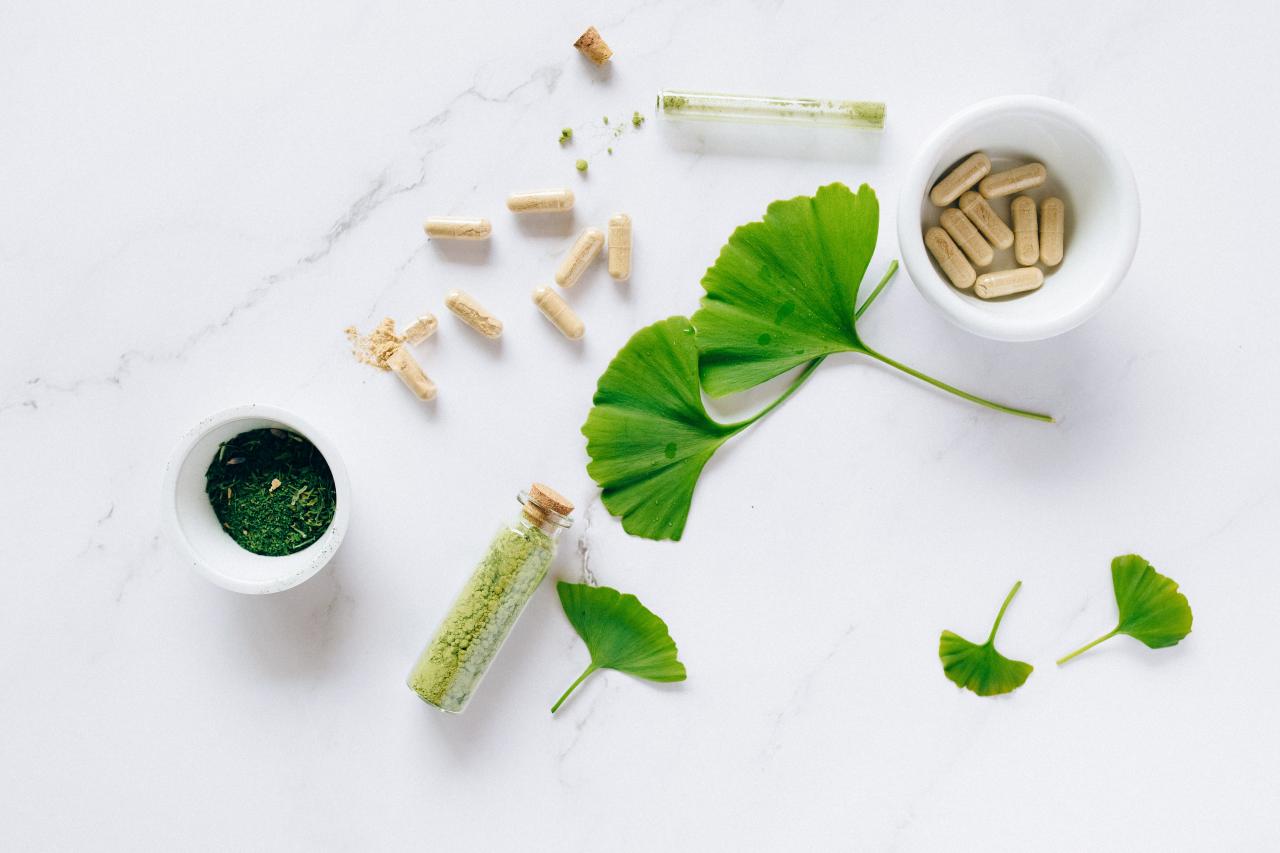There are plenty of studies that show the intriguing health benefits of coenzyme Q10. But what are they?
There are plenty of studies that show the intriguing health benefits of coenzyme Q10, but what are they? Coenzyme Q10 or CoQ10 is a substance that helps your cells produce energy.
Although your body naturally produces CoQ10, its levels decline as you get older. Thankfully, you can boost CoQ10 levels through food and supplements. Here are the coenzyme Q10 benefits that you should be aware of.
CoQ10 May Improve Cardiovascular Health
One promising study carried out on 420 people who suffered heart failure showed that CoQ10 supplementation could improve symptoms and reduces the risk of death from cardiovascular disease. Another study was carried out on more than 600 persons who were either on coenzyme Q10 or a placebo for one year.
When the study ended, it was found that those on CoQ10 needed less hospitalization for heart failure complications, plus their complications were less severe. According to another study, CoQ10 may help restore cellular energy production, improve heart function, and reduce oxidative damage.
All of these benefits can help reduce the frequency and severity of heart failure. It is vital to realize that heart failure emanates from other cardiovascular conditions like high blood pressure and coronary artery disease. Studies show that these conditions can lead to problems that worsen heart failures like arterial inflammation and higher oxidative damage.
What makes the matter far worse is that certain pharmaceuticals can cause dangerous side effects like low blood pressure and reduced CoQ10 levels that can increase the risk of heart failure. There is another study to indicate that CoQ10 can help improve blood pressure.
CoQ10 supplementation can also lead to better cholesterol levels – this is important for heart health. Supplementation of this key antioxidant has also been shown to maintain safer levels of CRP – this is a biomarker associated with cardiovascular disease risk.
CoQ10 Sources
Although the body produces CoQ10, its levels decline as you age. You can also get CoQ10 from foods like:
- Asparagus
- Broccoli
- Cauliflower
- Chicken
- Mackerel
- Sardines
- Organ meats like kidneys and liver
Along with multivitamins and fish oil, CoQ10 is one of the most popular supplements. CoQ10 is also called ubiquinone because it is a ubiquitous aspect of cells. Energy production in cells depends on this key nutrient. The mitochondria in cells use CoQ10 to produce ATP.
CoQ10 is known to be a versatile antioxidant that can protect cells against free radical damage. Coenzyme Q10 also revives antioxidants like vitamin C and E that have already been used.
Final Notes
Some studies showing the health benefits of CoQ10 have been shown. More research needs to be done to confirm its positive effects on humans.

